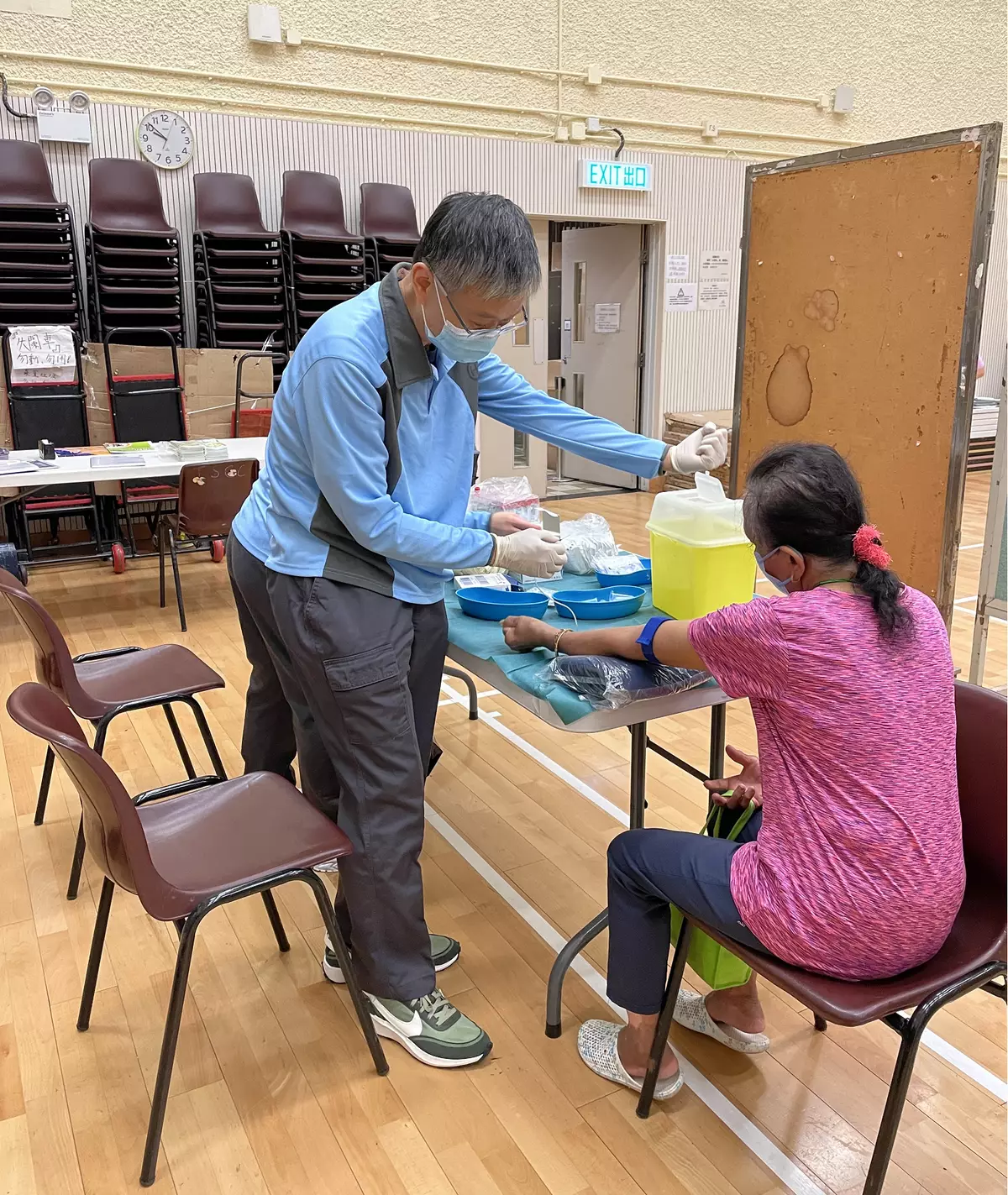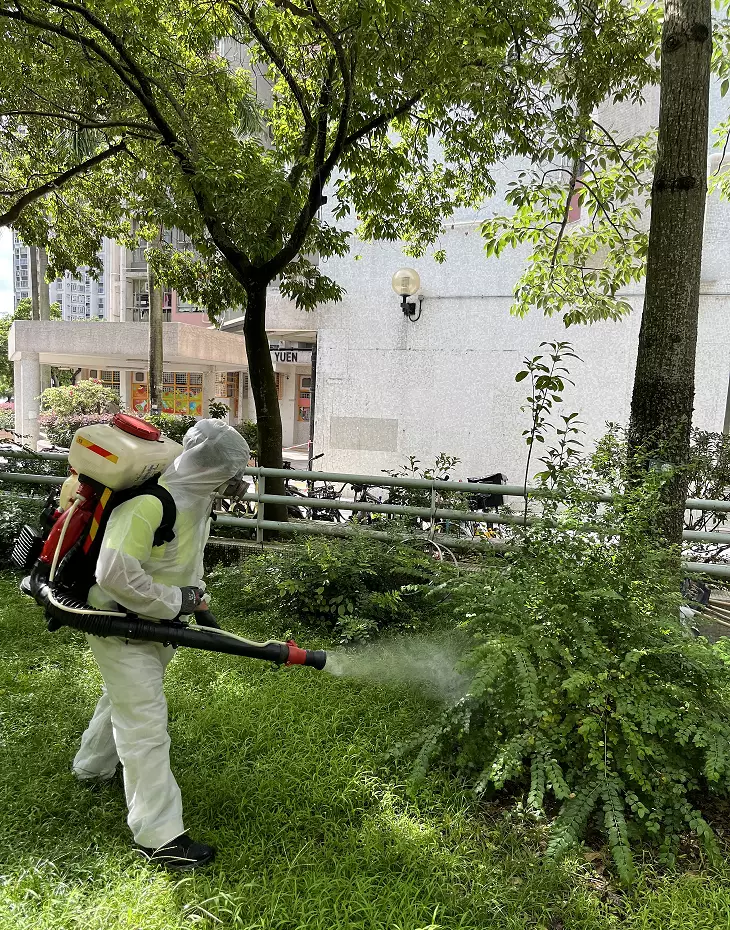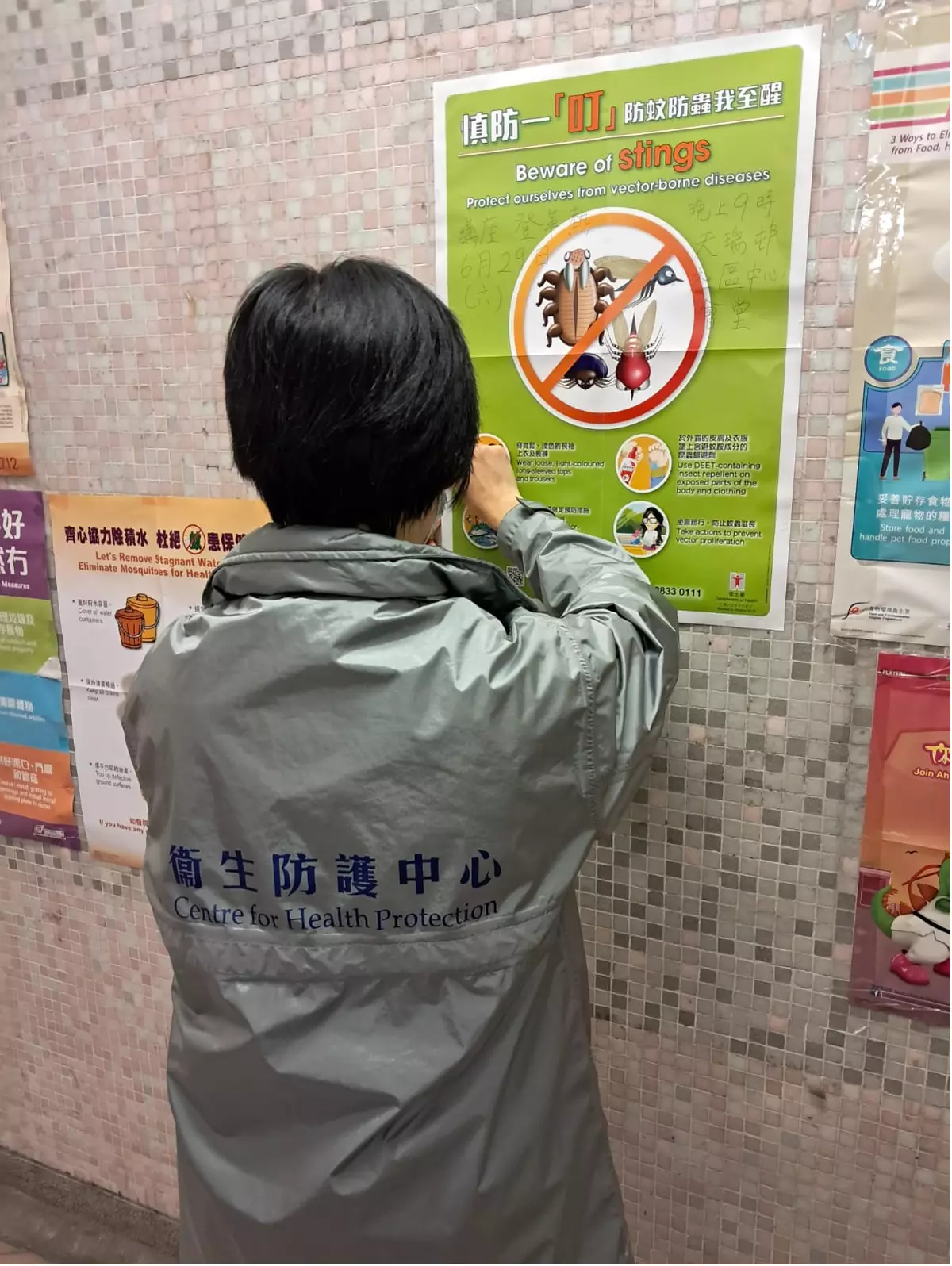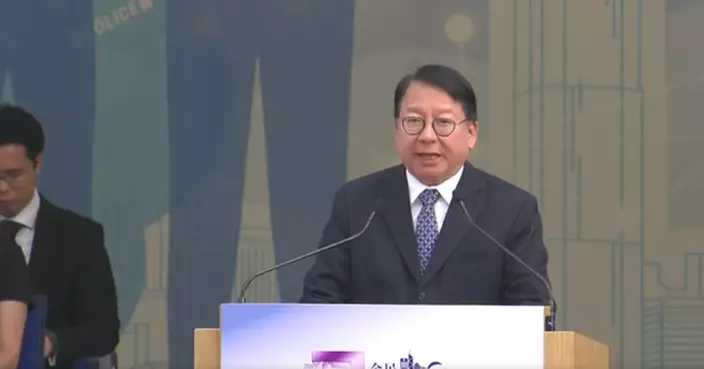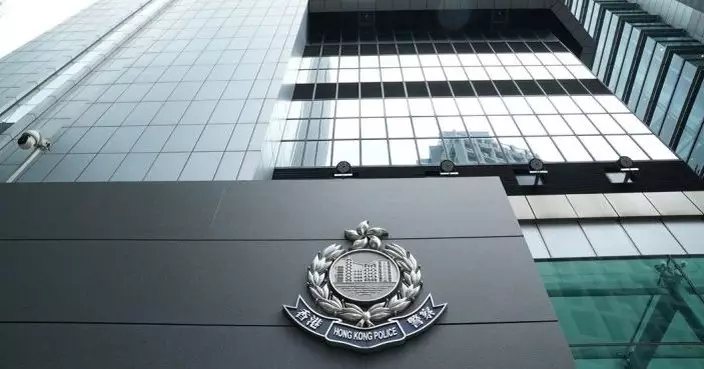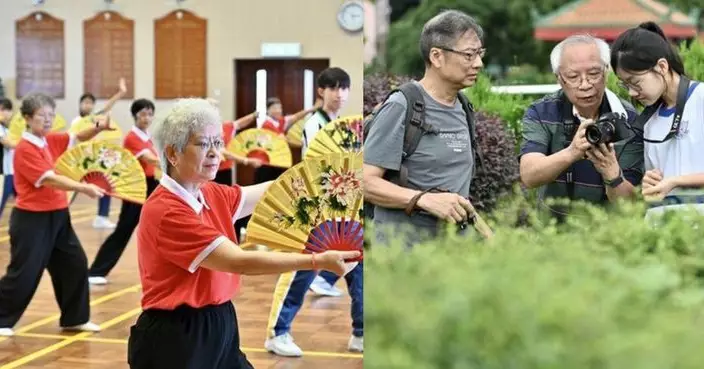Pakistani illegal worker sentenced to 14 months in jail for overstaying and taking employment in hong kong, employers warned of serious consequences
A Pakistani illegal worker was jailed by Shatin Magistrates' Courts yesterday (June 27).
On June 25, the Immigration Department (ImmD) investigators raided a residential premises in Sham Shui Po and arrested a 28-year-old Pakistani male. The arrested male arrived in Hong Kong as a dependant and had overstayed in Hong Kong since August 2020 as an illegal worker. On the premises, the investigators seized the arrested man's attendance and salary records during his overstaying period as a construction worker, confiscating his construction industry safety training certificate, a certificate of certified worker and a construction workers registration card.
The illegal worker was charged at Shatin Magistrates' Courts yesterday with taking employment while being a person who, having been given permission to land in Hong Kong, had remained in Hong Kong in breach of his limit of stay imposed in relation to the permission. He pleaded guilty to the charge and was sentenced to 14 months' imprisonment. Meanwhile, he was also charged with one count of overstaying in Hong Kong and was sentenced to 14 weeks' imprisonment. All sentences are to run concurrently, making for a total of 14 months' imprisonment.
The ImmD spokesman warned that, as stipulated in section 38AA of the Immigration Ordinance, an illegal immigrant, a person who is the subject of a removal order or a deportation order,an overstayeror a person who was refused permission to land is prohibited from taking any employment, whether paid or unpaid, or establishing or joining in any business. Offenders are liable upon conviction to a maximum fine of $50,000 and up to three years' imprisonment.
The spokesman reiterated that it is a serious offence to employ people who are not lawfully employable. Under the Immigration Ordinance, the maximum penalty for an employer employing a person who is not lawfully employable, i.e. an illegal immigrant, a person who is the subject of a removal order or a deportation order,an overstayeror a person who was refused permission to land, has been significantly increased from a fine of $350,000 and three years' imprisonment to a fine of $500,000 and 10 years' imprisonment to reflect the gravity of such offences.The director, manager, secretary, partner, etc, of the company concerned may also bear criminal liability.The High Court has laid down sentencing guidelines that the employer of an illegal worker should be given an immediate custodial sentence.
According to the court sentencing, employers must take all practicable steps to determine whether a person is lawfully employable prior to employment. Apart from inspecting a prospective employee's identity card, the employer has the explicit duty to make enquiries regarding the person and ensure that the answers would not cast any reasonable doubt concerning the lawful employability of the person. The court will not accept failure to do so as a defence in proceedings. It is also an offence if an employer fails to inspect the job seeker's valid travel document if the job seeker does not have a Hong Kong permanent identity card. Offenders are liable upon conviction to a maximum fine of $150,000 and to imprisonment for one year. In that connection, the spokesman would like to remind all employers not to defy the law and employ illegal workers. The ImmD will continue to take resolute enforcement action to combat such offences.
Under the existing mechanism, the ImmD will, as a standard procedure, conduct an initial screening of vulnerable persons, including illegal workers, illegal immigrants, sex workers and foreign domestic helpers, who are arrested during any operation, with a view to ascertaining whether they are trafficking in persons (TIP) victims. When any TIP indicator is revealed in the initial screening, the officers will conduct a full debriefing and identification by using a standardised checklist to ascertain the presence of TIP elements, such as threats and coercion in the recruitment phase and the nature of exploitation. Identified TIP victims will be provided with various forms of support and assistance, including urgent intervention, medical services, counselling, shelter, temporary accommodation and other supporting services. The ImmD calls on TIP victims to report crimes to the relevant departments immediately.

Source: AI-generated images


